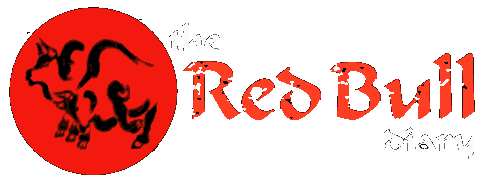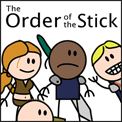Caffeine
To quote Mike Patton:
Pour shame all over us Harden into a crust Cement Forget the glamour and Mumble a jackhammer Under your breath Hide your face in the curtains Better unsaid, so close And it rolls off the tongue Almost The world expects the pose Perfectly natural Loosen up Smearing wet concrete And swearing you'll never be Caught At your weakest, etched in stone And we're frozen here, peeking Almost sweet talk CaffeineAh yes, caffeine. While I'm sure that the lyrics above have absolutely nothing to do with caffeine (or if they do, I fail to see how), it's a cool song. Really.
Anyway... this post is inspired by the loud conversation in the kitchen near my cube and another discussion I had gotten into with a coworker regarding the caffeine content of coffee and tea.
I'm sure you've heard it. "You know, tea has more caffeine than coffee." Well, if you're talking about tea leaves versus coffee beans, that may be true, but that's where the truism falls down. The truth is that in its prepared form, coffee absolutely, positively has more caffeine than tea.
Admittedly, there are a number of discrepancies between the figures cited on the internet, and that is likely because there are a number of variables that affect the actual amount of caffeine in the beverage, including how the beans are roasted, how the coffee is prepared, and the type of coffee you're talking about. But in no instance does any authoritative source claim that tea has even close to the same amount of caffeine as coffee, let alone more. In most cases, it looks like it's about a third to a half as much:
| Source | Coffee | Tea |
|---|---|---|
| Wikipedia | 40-120mg | 12-55mg |
| Bunker and McWilliams in the Journal of American Diet (74:28-32, 1979) (as cited by CoffeeFAQ.com) | 115-175mg | 40-60mg |
| About.com | 60-120mg | 45mg |
| Center for Science in the Public Interest | 135mg | 35-40mg (Lipton) |
| Food and Drug Administration, et. al., as quoted here | 110-150mg | 9-50mg |
| European Food Information Council | 85mg | 50mg |

 RSS
RSS Red Bull at Thursday, November 17, 2005 5:45:00 PM
Red Bull at Thursday, November 17, 2005 5:45:00 PM


